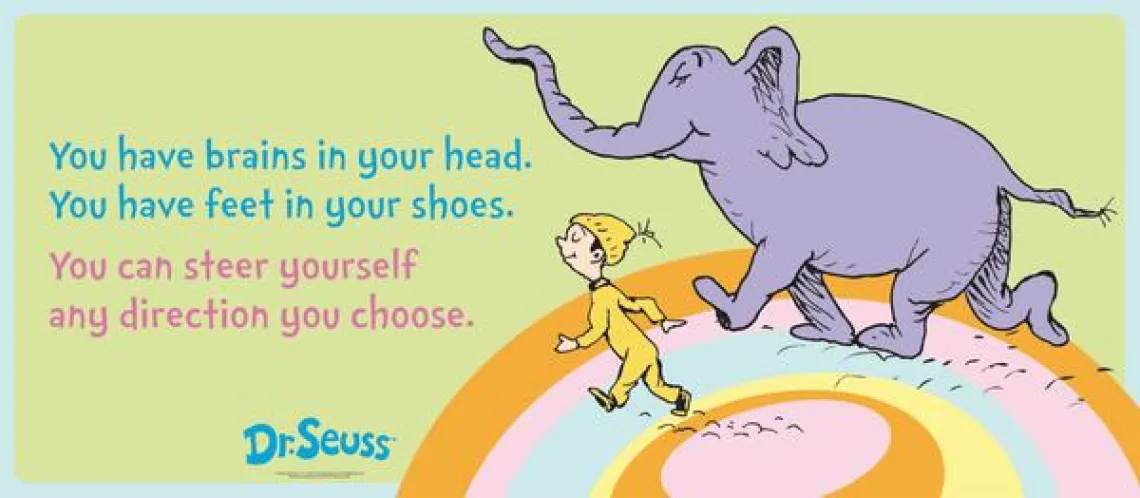Succeeding in Multiple Career Pathways

By Elizabeth Labiner
It’s a question that makes students’ blood run cold: “So what are you going to do after you graduate?” While most questioners ask as a manner of small talk, graduate students sometimes feel overwhelmed by the prospect of the job market. This is particularly true as tenure-track openings in academia become more and more competitive.
According to the 2017 National Science Foundation (NSF) Science and Engineering Indicators, fewer than 20% of graduates from doctoral programs in science and engineering have tenure or tenure-track jobs in academia. According the Modern Language Society (MLA), the number of academic jobs in English and foreign language positions declined over 50% from 2008-09 to 2016-17; meanwhile, the percentage of those jobs that are tenure-track has also significantly declined. The American Historical Association (AHA) reports similar trends in academic employment.
But the NSF, MLA, and AHA also report that graduate students are finding rewarding employment outside the Academy— jobs that enable them to apply the knowledge and skills learned in their degree programs. In a changing social, technical, and environmental landscape, multiple opportunities exist for those with advanced degrees. Graduate students have years of highly trained experience in areas on which most employers place a premium: independent research, project management, critical thinking, data analysis and data management, collaboration and teamwork, as well as communication skills. Graduate programs are a vital part of enabling individuals not only to advance knowledge within traditional academic disciplines but also to apply that knowledge in the workforce outside of the academy.
In light of the many students who will choose jobs outside the university setting, the Graduate Center, in affiliation with the national Council of Graduate Schools, is working to aid graduate students in learning about and professionally preparing for multiple career pathways. The Graduate Center’s efforts promote a university-wide culture that respects and supports diverse employment trajectories and that recognizes the increasing roles graduate education plays in government, business, entrepreneurial, creative arts, and nonprofit sectors.
One facet of the Graduate Center’s efforts, with support from Postdoctoral Affairs, is a presentation series on “PhDs Succeeding in Multiple Career Pathways.” The series focuses on how graduate students can best represent themselves to a variety of employers. The first session, “PhDs Beyond the Academy: Identifying and Translating Your Skills for Non-Academic Careers,” took place on February 1. The speaker was John Singer, author of Resume DNA: Succeeding in Spite of Yourself and CEO of Professional Development Services. He spoke to a large audience about how to translate academic competencies into terms that non-academic employers are familiar with and value. The second session, “Effective Interviewing and Networking for Multiple Career Pathways,” will take place on February 8in the Student Union’s Kiva Room at 5:00. All of the presentations are free and open to everyone.
If you are unable to attend the talks, the videos will be available on the Graduate Center website: https://gradcenter.arizona.edu/
*Image accompanying this article is used courtesy of the Dr. Seuss Wiki under Creative Commons CC BY-SA 3.0.

